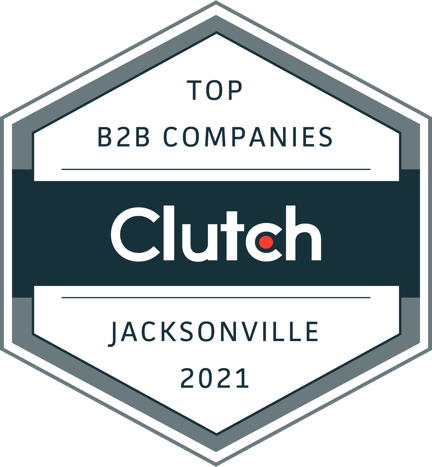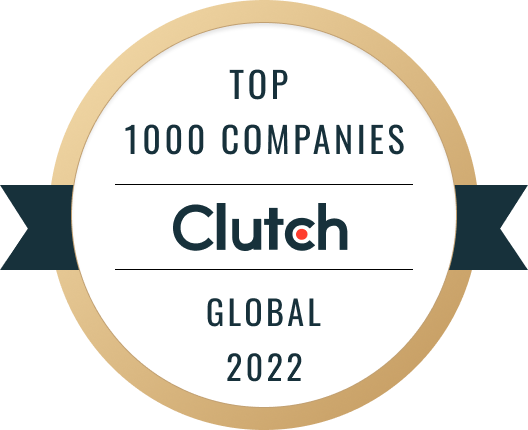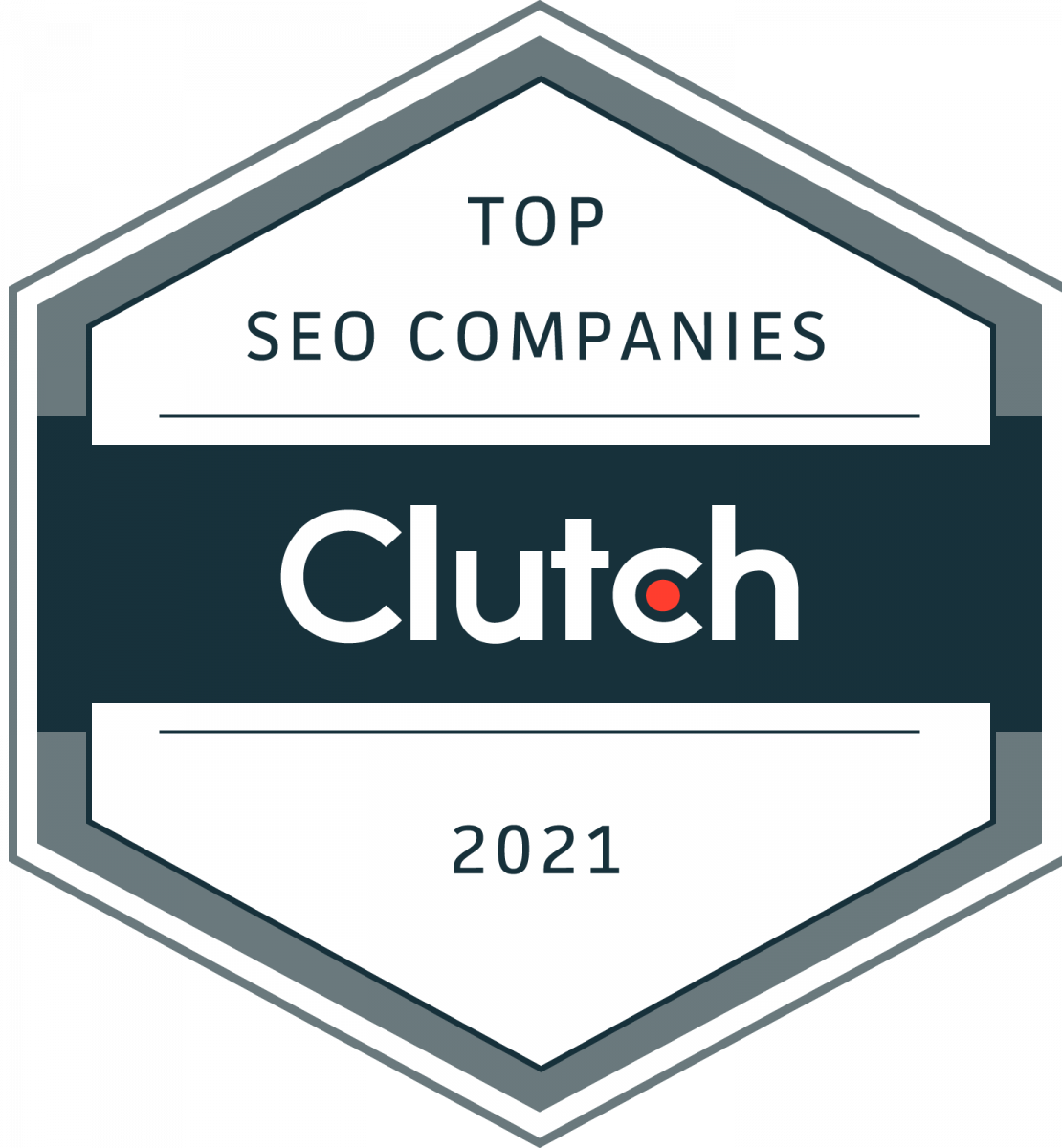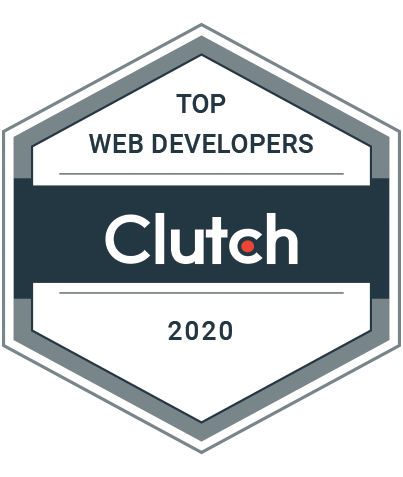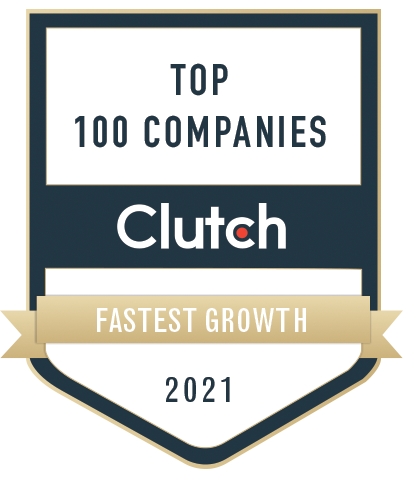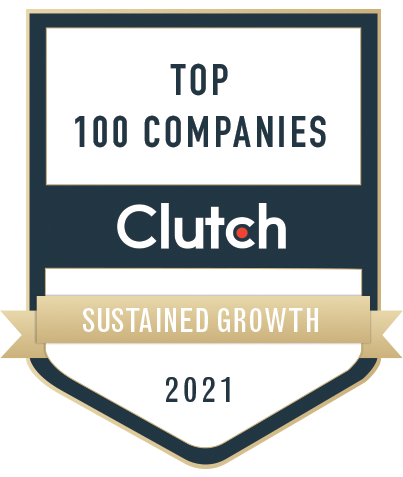Google isn’t dead, but it’s no longer the only door to being discovered.
AI-powered tools like ChatGPT, Perplexity, Claude, and Gemini have transformed how people search for information. Instead of sifting through 10 search results, users now ask a question and get a human-like response generated by large language models (LLMs). That shift has major implications for how your business shows up or disappears in the digital landscape.
In this article, we’ll break down how LLMs work, what “LLM SEO” actually means, and what small businesses and law firms can do to make sure they’re visible in this new age of AI-driven search.
What Are Large Language Models (LLMs) & Why They Matter for SEO
Large Language Models (LLMs) are advanced AI systems trained on enormous datasets to understand and generate human-like language. When you use ChatGPT or Gemini to ask a question, you’re interacting with an LLM.
Some of the most well-known LLM-powered platforms include: ChatGPT (OpenAI), Perplexity.ai, Claude (Anthropic), and Gemini (Google’s AI assistant).
Unlike traditional search engines that return a list of links, these platforms summarize, interpret, and often cite content from across the web.
AI is becoming the new front door to search, discovery, and product research. That means being visible in Google alone is no longer enough.
The Shift: From Search Engines to Answer Engines

LLMs act as “answer engines.” Instead of directing users to third-party sites, they often deliver a complete, synthesized response in the chat window itself.
Why This Matters for SEO:
- Your website might be used in a generated answer, but not linked.
- You’re now competing for citation and summarization, not just ranking.
- Nearly half of ChatGPT’s most-cited sources come from Wikipedia (47.9%). This is why brands that used to dominate the SERPs are now invisible in AI tools unless they evolve.
What Is LLM SEO?
LLM SEO is the emerging practice of optimizing your content to be understood, trusted, and cited by large language models. It goes beyond keywords and backlinks to focus on:
- Clarity and context over keyword stuffing
- Answer-first formatting for easy summarization
- Structured content (like FAQ schema and bullet points)
- Trust-building elements like author bios and credible outbound links
LLM SEO Strategy for Small Businesses & Law Firms
Small businesses and law firms often have limited domain authority, but LLM SEO levels the playing field. If your content is clear, well-structured, and citation-worthy, you have a shot at being surfaced.
Here’s a step-by-step strategy:
1. Target High-Intent Informational Topics
- What are the top questions clients ask?
- Use Google Tools or client FAQs to guide topics.
2. Use Answer-First Formatting
- Start articles with a summary answer.
- Use H2s and bullet points to organize supporting content.
3. Add Schema Markup
- Implement FAQ, Article, and Author schema.
- Helps both Google and LLMs understand your structure.
4. Build Credibility
- Include expert bios on all blog content.
- Link out to credible sources (legal, academic, industry).
5. Create Content Clusters
- Write pillar pages supported by 3-5 internal blog posts.
- Build topic authority around your niche.
The Future of SEO: GEO, AEO & LLM SEO Working Together
While LLM SEO is new, it works best alongside GEO (Generative Engine Optimization) and AEO (Answer Engine Optimization).
What’s the Difference?
- GEO: Optimizing content for generative AI tools like ChatGPT and Claude.
- AEO: Optimizing for answer boxes and featured snippets in search.
- LLM SEO: Ensuring your content is structured and trusted enough to be cited by LLMs.
These aren’t competing strategies — they’re complementary.
At Oyova, we call this the AI Visibility Flywheel:
- Create structured, human-first content
- Get recognized by LLMs and featured in AI answers
- Build brand authority and backlinks
- Improve traditional SEO rankings
- Repeat
Visibility Isn’t Just About Rankings Anymore

AI tools are changing how users search, evaluate, and trust information. That means your SEO strategy must evolve, too.
Brands that take LLM SEO seriously today will dominate tomorrow’s discovery channels — not just on Google, but in ChatGPT, Gemini, and whatever comes next.
Oyova helps businesses adapt their content and search strategy for both human readers and AI tools. Let’s future-proof your visibility → Contact Oyova.
FAQs: LLMs & SEO Strategy
A large language model (LLM) is an AI system that generates text based on huge datasets. In SEO, LLMs impact how content is found, summarized, and cited.
They don’t directly impact rankings, but they influence traffic and brand discovery. Being cited by AI tools can drive trust and indirect traffic.
Traditional SEO is about ranking. LLM SEO is about being cited and summarized in AI-generated content.
Focus on clear, structured content with expert input and third-party citations. Use schema and build topical authority.
Combine traditional SEO with LLM SEO best practices. Focus on clarity, structure, and earning trust across platforms.
Our Awards


